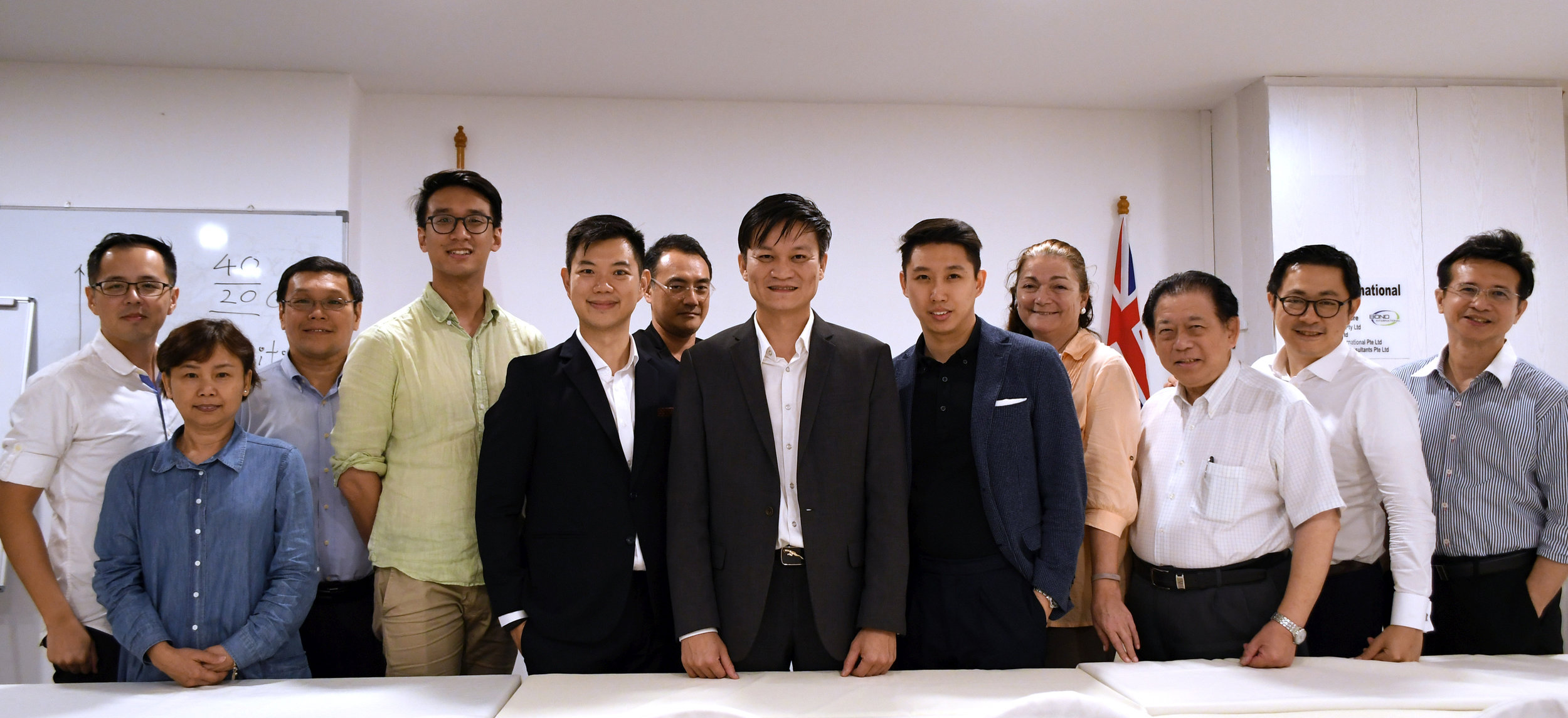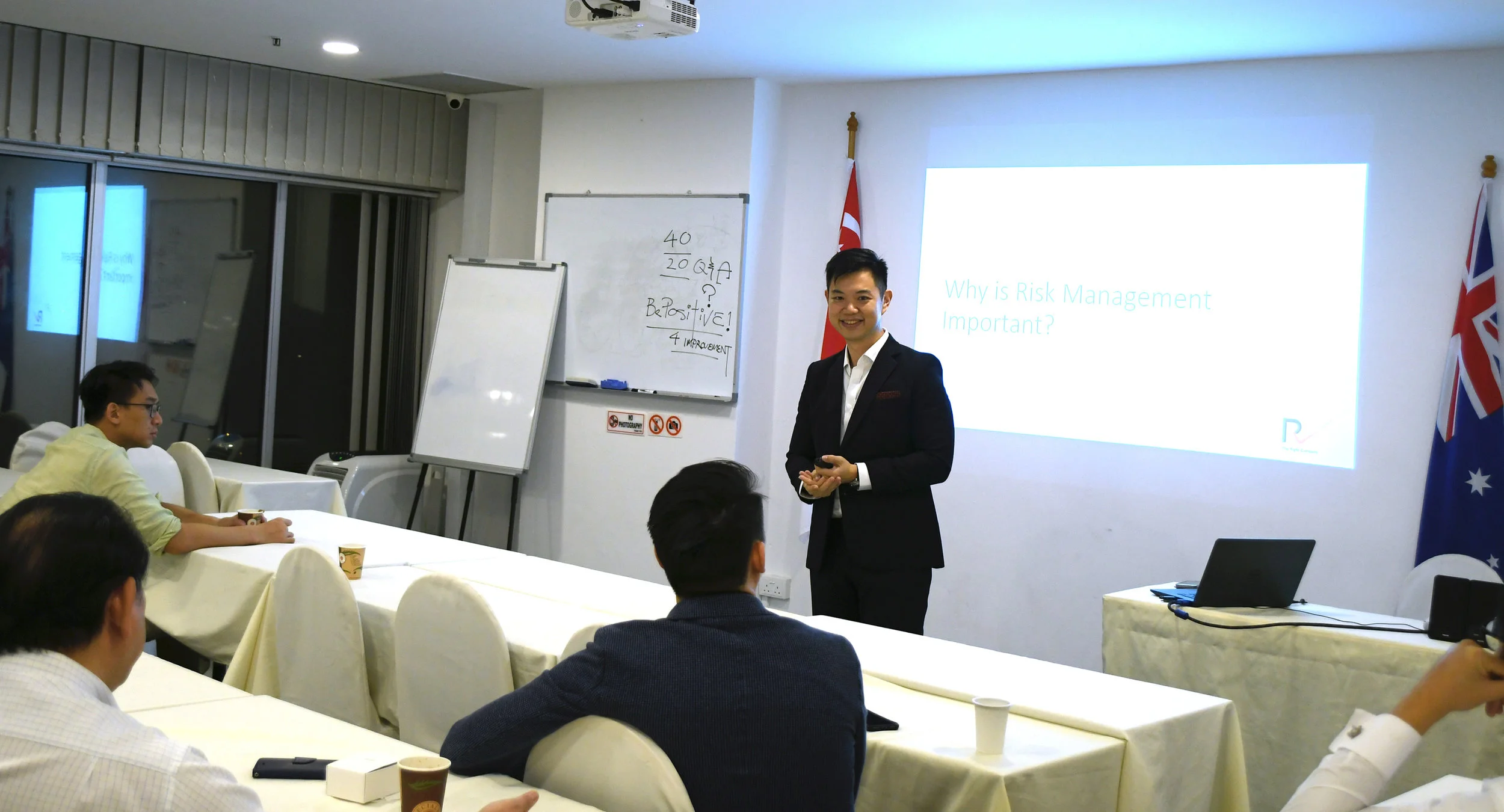In our busy world, we often feel that we may let others down if we take a break. If we do not attend social events, we may fear being viewed negatively, either as an arrogant snob or as a sad loner.
We know that the social world is astoundingly complex and that we, the introverts, have a part to play. While we may not be socially awkward, we generally prefer not to be overly-social, sometimes in order not to end up having to entertain the same person for days after the event has ended at which we met that person.
Introverts Are Social Creatures Too and the social dance is a lifelong one, and the sooner we master it, the better.
Benefits of Mastering The Social Dance
Imagine having a life where you have exactly the degree of stimulation you need from social events, never feeling guilty for leaving early if you need to.
Imagine having friends who understand your need to have time on your own. They let you be when you need them to, and you know that you can still call them up anytime.
Imagine having the energy to go about your daily activities without constantly feeling like you need to get away from it all.
Yes, you can have all of that once you master the dance. So let’s start with the first one:
Letting Others Know
Have you ever wondered why other people cannot be more understanding and stop making so many demands of you?
This usually happens when you are tired. Thus, when you need Alone Time, you have to make this known and come to an understanding with the people you are with. Holding in this need will make you feel like a martyr, and resentment can build over time, harming your relationships.
The quickest way to forge understanding is to share information and express expectations. However, being introverts, it can sometimes be difficult to voice our thoughts and give our opinions. We often feel like we are intruding on another person when we do so.
Overcome this feeling by reminding yourself that what you wish to share is valuable to the other person as well. As long as you are polite and respectful when conveying your message, you will generally be well-received.
Let others know of your needs, especially when you need them.
Remember that the biggest favour you can do for the people you love is to be at your best for them. If you are to be at your best, your needs have to be met.
Suggestions for Letting Others Know:
1) Arrange a meeting and sit them down.
2) Explain that you are an introvert and that you need recharges from time to time so that you can be on top form for them.
3) Elaborate that your recharges need to be on your own.
4) If you have kryptonite (something you are adversely sensitive to, such as loud noises, bright lights, etc.) and you know what it is, let them know.
5) Assure them that you are not pushing them away when you tell them you need time alone.
6) Thank them for their understanding.
You will inevitably come across people who either cannot understand or simply do not want to acknowledge who you are or why you need time on your own, and will continue to make demands of you.
Unless these are immediate family members, your only course of action is to minimise your interactions with them. If at all possible, stop spending your energy on them.
Anyone who cannot respect your legitimate needs should not be given the privilege of your attention. Conserve your energy and give it to those who are more deserving.






